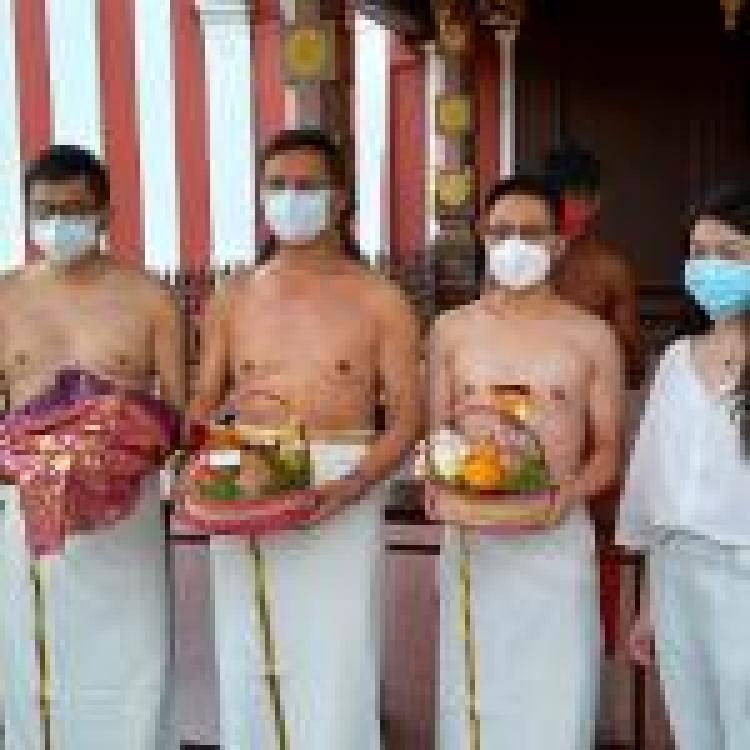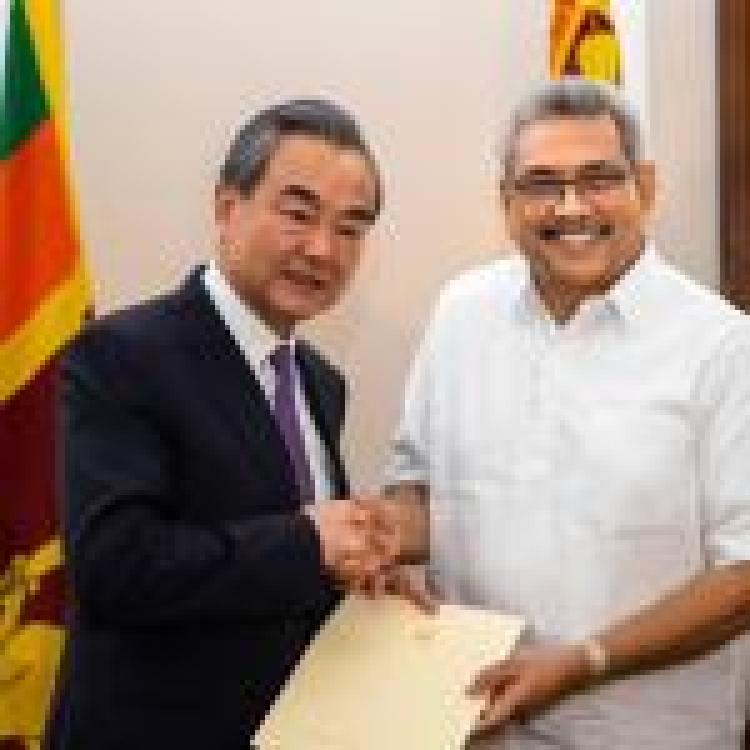
The Sri Lankan government has decided to pay USD $6.7 million to the Chinese fertiliser company Seawin Biotech Group in a bid to settle the fertiliser dispute.
Agricultural Minister Mahindananda Aluthhamage, announced on the 14 December that the payment would be made, the vast majority of it is made up of a USD $5 million cash deposit placed by the company.
The announcement of the intention to pay the damages comes days after, Seawin Biotech lodged a case in Singapore to sue Sri Lanka for turning away the scheduled imports of organic fertiliser worth upwards of USD $49.7 million. The payment of USD $6.7 million falls short of USD $8 million asked for by the company. Seawin Biotech sent a letter of demand on November 08, seeking USD 8 million in damages from the Additional Director of the National Plant Quarantine Services (NPQS) of Sri Lanka, it is unclear if the company would accept this reduced payment.
The dispute stems from an alleged contaminated shipment of fertiliser being imported in which the Sri Lankan government refused to pay for. On September 17, Sri Lanka’s Minister of Agriculture confirmed for the first time that a microorganism identified as ‘Erwinia’ was discovered in samples brought to Sri Lanka from Qingdao Seawin Biotech Group Co.Ltd. The consignment was not allowed to unload in Sri Lanka, prompting state-run Ceylon Fertilizer Company Ltd to get a court order to halt the People’s Bank from making payment to Qingdao Seawin. It’s not clear if the contract’s terms allowed for the buyer to stop payment. This then led to the Chinese government blacklisting the People's Bank and the Chinese embassy in Sri Lanka disputing the validity of the test conducted by the National Plant Quarantine Service.
The announcement of the intention to pay came days before a landmark visit by the Chinese ambassador to the Northern Province, in which he visited several places across the Tamil homeland.
Read more : China looks North as ambassador visits Tamil homeland
Read more at Adaderana.





